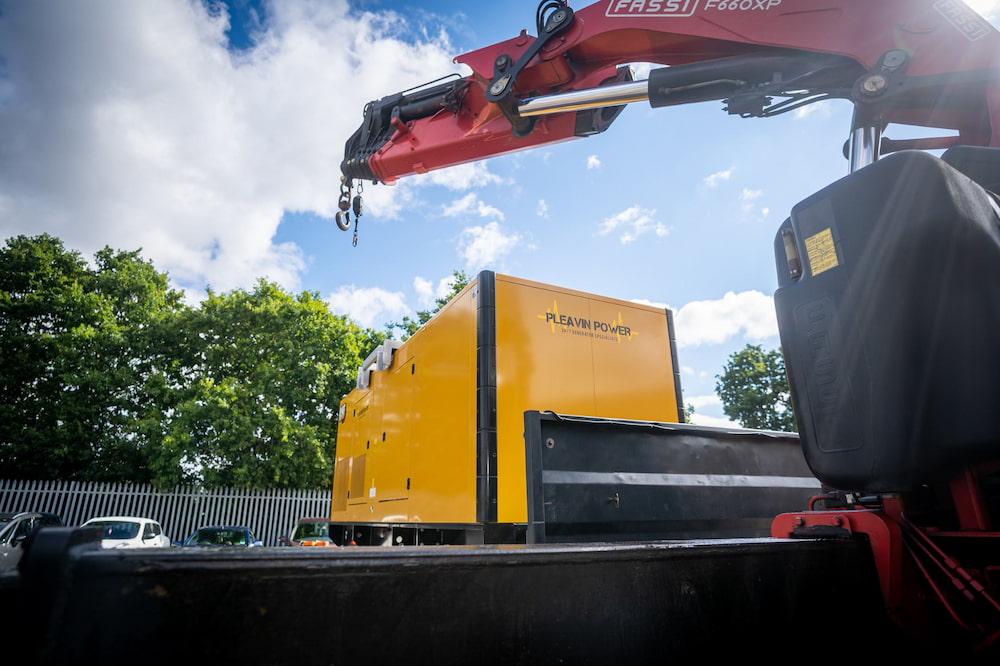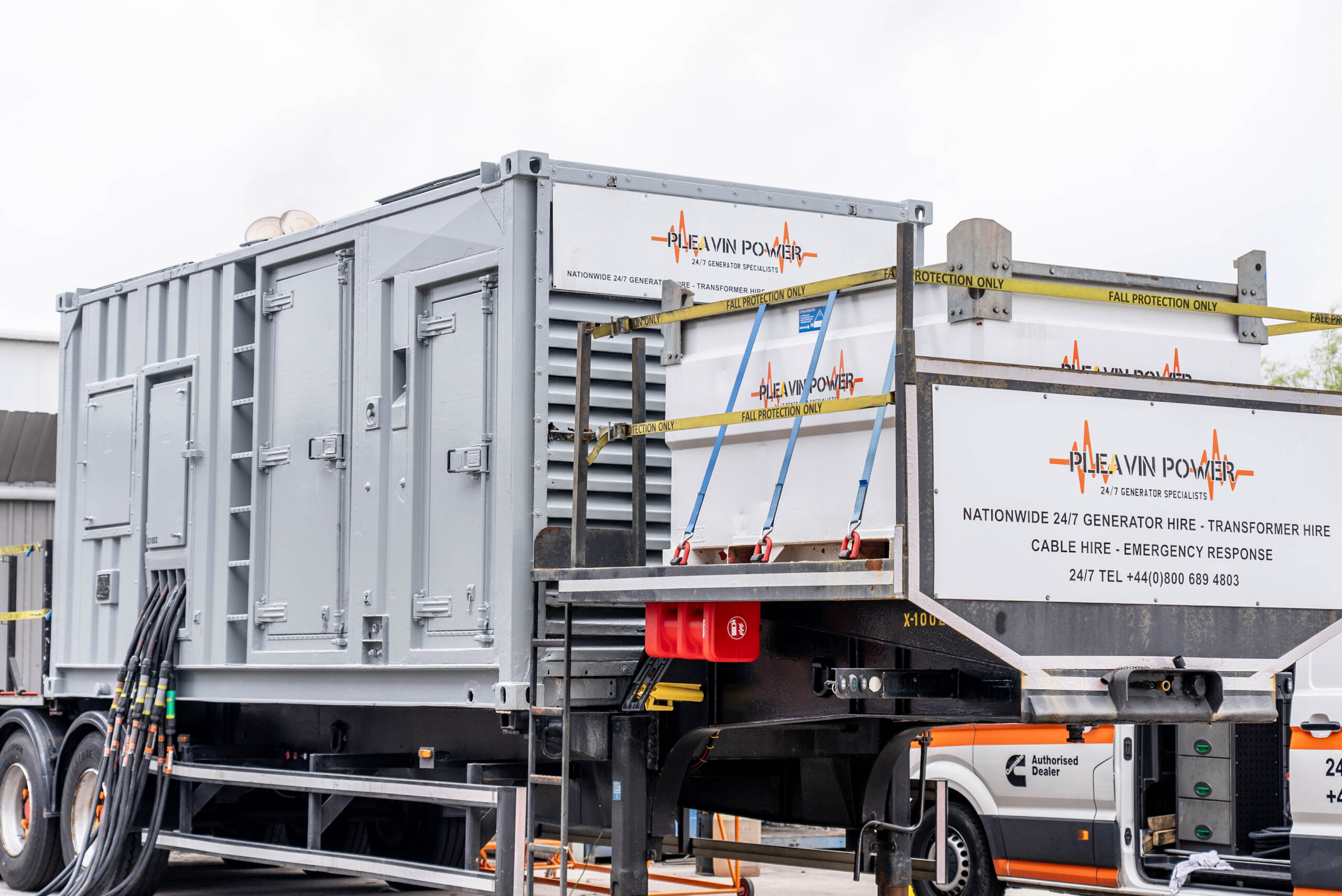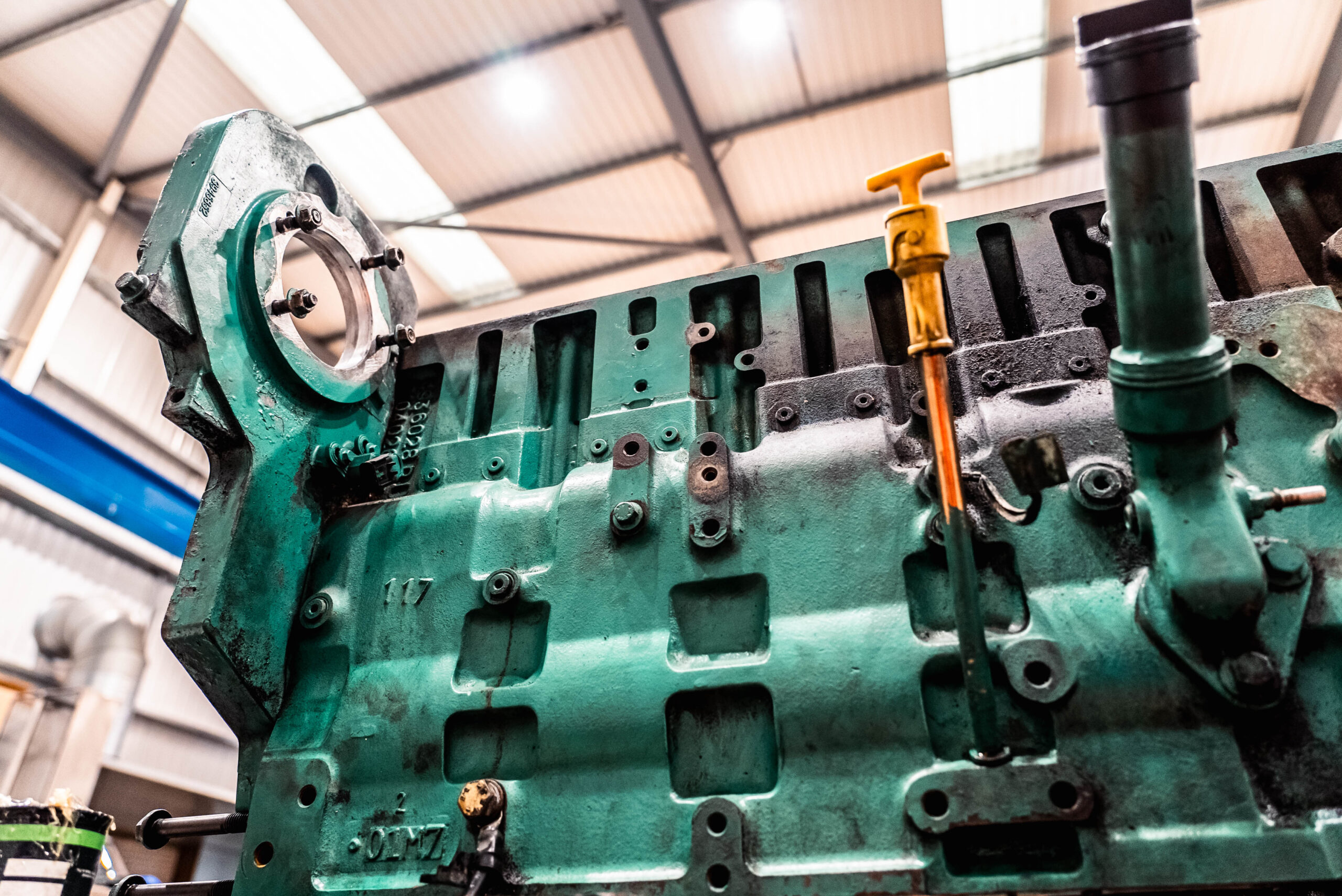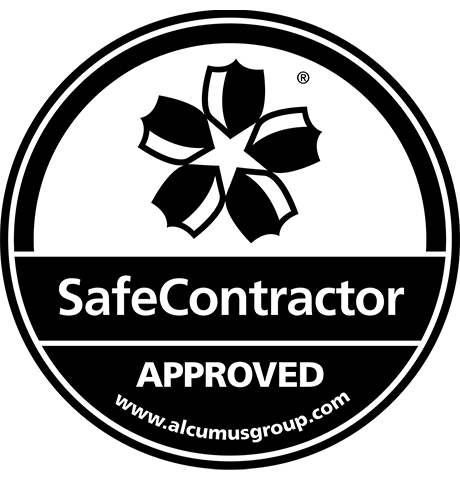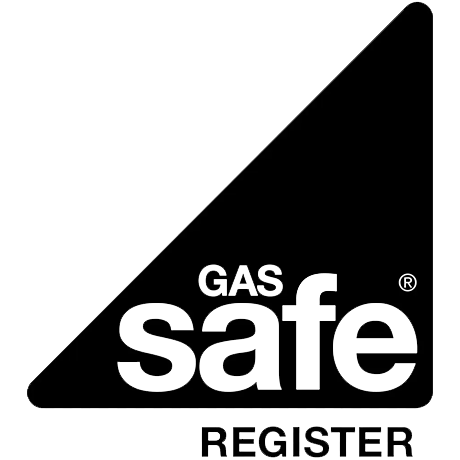Generators are highly reliable pieces of equipment that can help us get through some testing times such as cold winters when potential blackouts could occur. However, it’s important to note that operating a generator indoors can be deadly to you and those around you. Every year, countless individuals will need to use a generator to power appliances in their homes when they have a blackout in their area.
When you use a portable generator correctly, it can safely deliver the power supply that you need. Power outages can suddenly happen at any time, but they most commonly happen during disasters such as extreme weather conditions. There is no telling how long you could be without power – a power outage could last a few days to weeks.
One of the main questions we get asked about power generators is ‘Will we be able to use them while indoors?’. In short, you should never attempt to power your generator indoors for a number of different reasons – but arguably the main reason being is that you can suffer from carbon monoxide poisoning.
We’ve asked our expert in-house team here at Pleavin Power to write an article on the dangers of attempting to power your generator indoors, the dangers of carbon monoxide and a guide on taking the necessary steps in order to safely operate your generator. Read on for more.
Dangers Of Generator CO (Carbon Monoxide) Poisoning
You should never attempt to power a generator while inside your home, garage, shed or similar areas. This is because deadly levels of carbon monoxide will start to build up at a fast pace, and can stay in the air for hours even when you have turned your generator off.
Carbon monoxide is known as a silent killer due to the reason that you can’t see, taste or even smell the fumes. This means that it can potentially be fatal to you and those around you before you even know it. That is why millions of people around the world have CO alarms installed.
The effects of prolonged exposure to carbon monoxide can vary depending on the individual and other factors such as genetics, age, the concentration of the fumes and length of exposure to CO.
What Is Carbon Monoxide And How Is It Dangerous?
Carbon Monoxide is a gas produced when you start to burn any type of fuel – for example, gas, fuel, oil, wood and more. The reason why this gas is so potentially dangerous is that when you breathe it in without knowing, it starts to replace the oxygen in your bloodstream.
With no oxygen, the cells that run through your bloodstream will start to die. meaning your organs will stop working. If you breathe enough carbon monoxide in, then it could become fatal in only a matter of minutes.
In the past, you may have noticed problems occurring with people running their cars or engines in enclosed places – for example, in their garages. When you start to use fuel-burning appliances (such as generators) without following the correct safety guidelines, then potentially dangerous levels of carbon monoxide can start to build causing a threat to you and those around you.
How To Use A Generator Safely
You should never attempt to run your generator indoors. As previously established, appliances such as generators that run on fuel give off exhaust fumes that contain a large level of CO (Carbon Monoxide), which can poison the body – and in some cases, even be fatal to the person. Keeping on top of your generator, with generator servicing or even remote monitoring to ensure that it is consistently performing is also another tip we would recommend taking seriously.
You should position your generators outside where there is fresh air, and make sure it is away from any structure. Keep your generator positioned outside and keep it 15 metres away from any open windows. This is so any exhaust from the generator doesn’t find its way into your home or other neighbouring homes around you.
We highly recommend that you take these steps below in order to ensure that you safely operate your generator.
- Make sure that your power generator is dry. Run your generator on a dry surface under an open, canopy-like structure. Give your hands a wipe if they are wet as you need to ensure that you operate your generator while having dry hands. You shouldn’t attempt to power your generator in rainy or torrential conditions where the water could leak into your generator causing damage.
- Before you start to power your generator, disconnect whatever your normal source of power is coming from your home or business space. The reason that you do this is to guarantee the safety of utility workers as you could create a hazardous situation for them, as the power from your generator could be sent back into the utility company lines.
- Ensure that your power generator is fully grounded. This helps prevent risks of being potentially electrocuted or getting shocks as grounding your generator helps stop these risks. For grounding requirements of your power generator, make sure to check your generator’s guidelines to follow the correct procedure.
- Start to plug your appliances directly into the generator. Purchase or have on hand a heavy-duty, outdoor-rated extension cord that you know is in good working condition and a wire gauge that will be able to successfully handle the electrical load of any connected appliances.
- Never attempt to plug your power generator into a wall outlet. We highly recommend that you should never ever try to power your home or your business premise by plugging your power generator into the wall outlet or the main electrical panel. If you are attempting to connect your generator to the main outlet power then it should only be done by an electrician who is qualified and experienced in the matter as they will have the necessary equipment required that reaches the electric guidelines. An electrician should be able to install an approved automatic transfer switch, the reason for this being you are able to disconnect your home’s wiring from the utility system before you attempt to power your generator.

